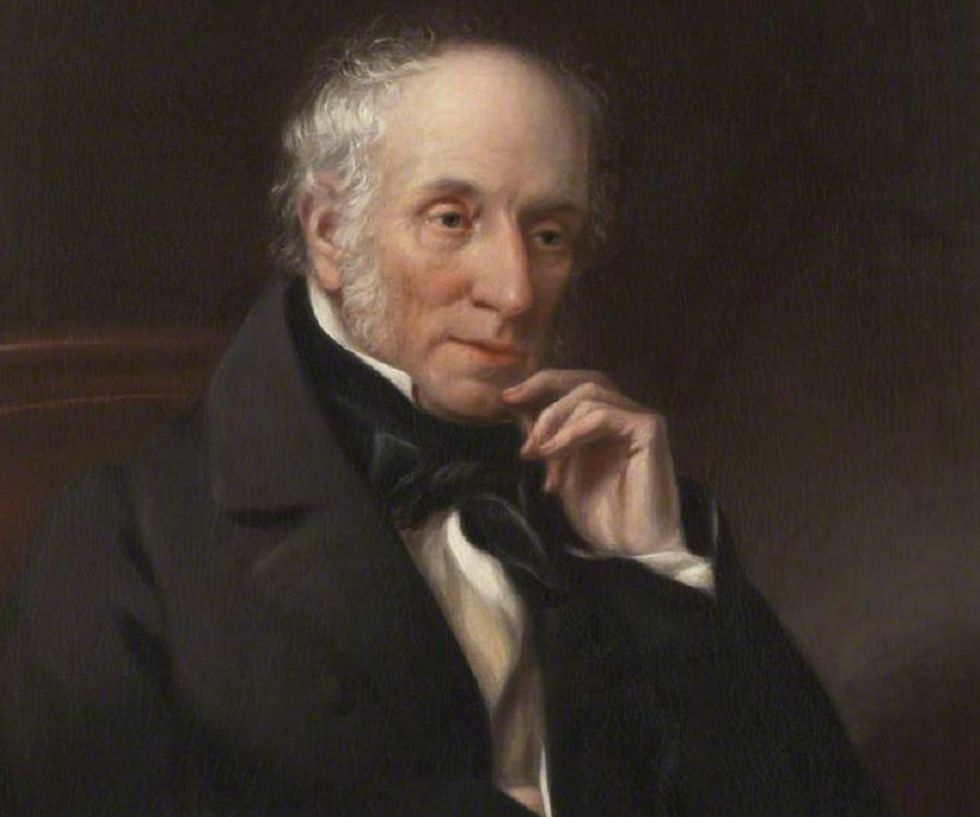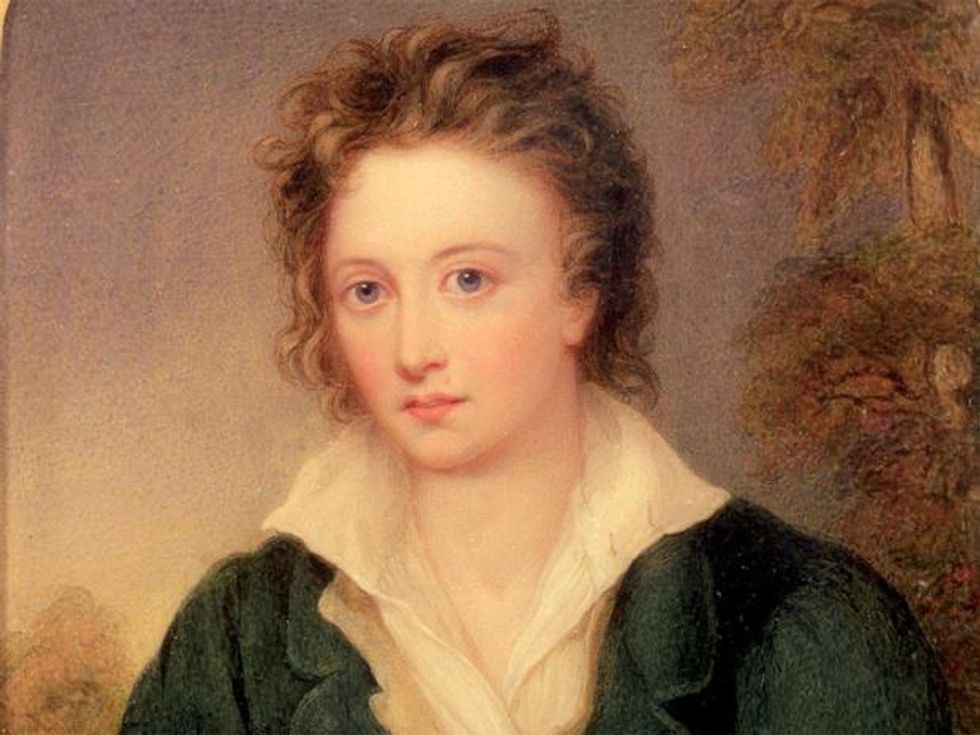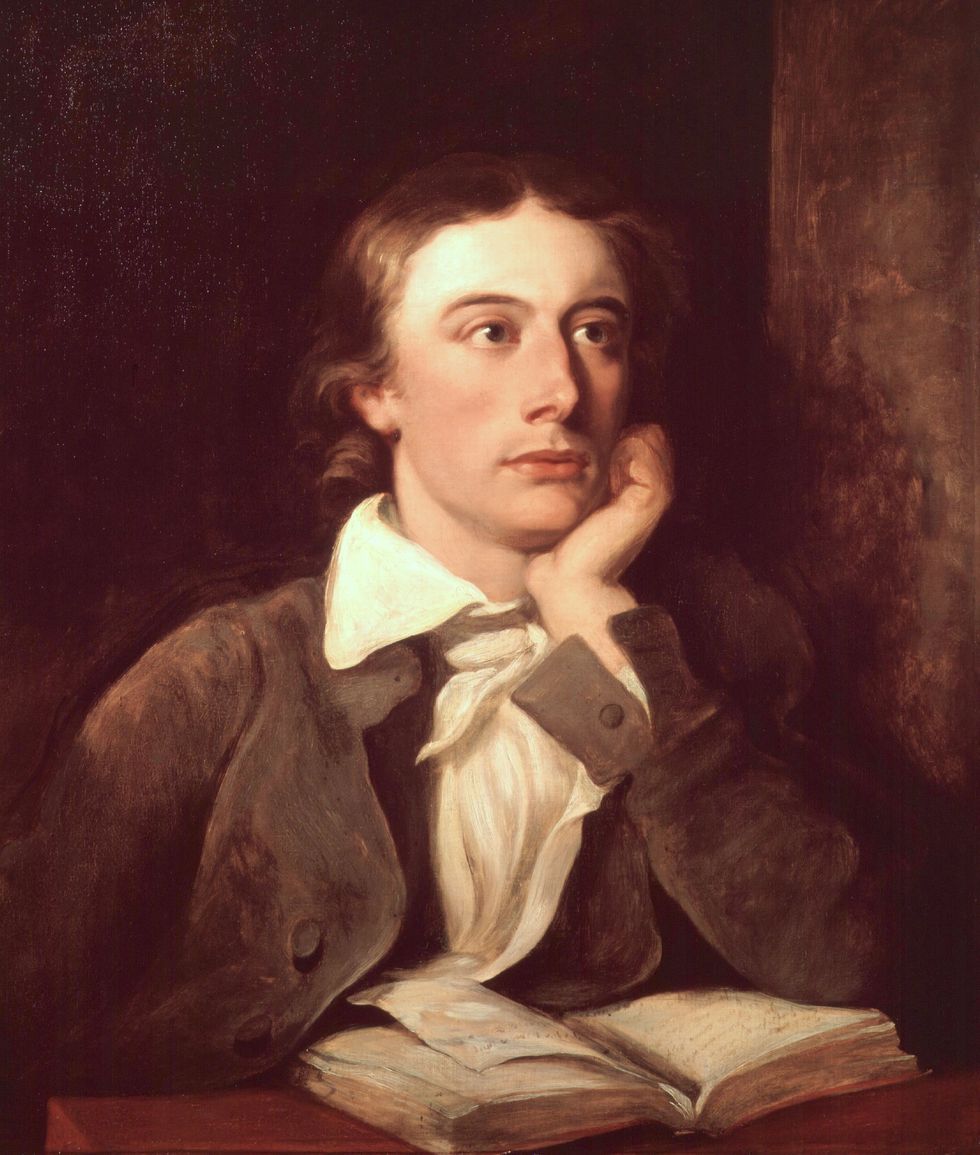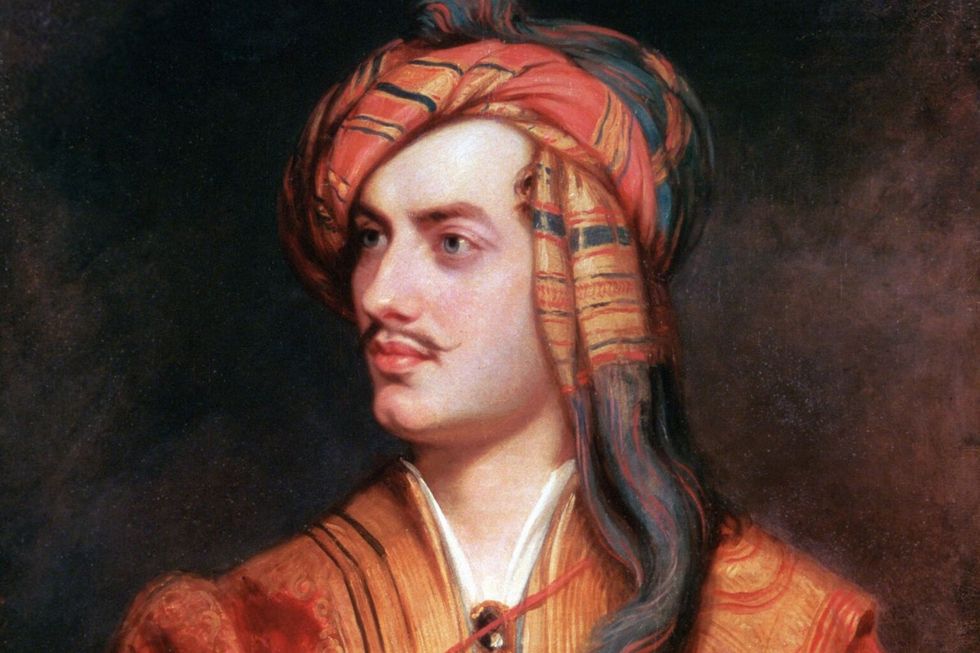British Romanticism is one of my favorite periods of literature.
From the breathtaking prose of Wordsworth to the stunning poetry of Keats, the works from these Romantic artists has led me to fall in love with poetry in a way nothing else could. Deemed Romanticism in the middle of the 19th century, the writing of poets such as William Blake, William Wordsworth, Percy Bysshe Shelley, and John Keats were written to inspire the pursuit of personal desires in the arts.
They argued heavily for social change in the corrupt government throughout Europe, especially in England and France. Because the first generation of British Romantics followed the French Revolution, earlier writing from Wordsworth or Coleridge, for example, were largely influenced by the intense political climate of the time.
Later, a shift towards an emphasis on the individual and the importance of the imagination occurs with the second generation, though they were still heavily influenced by the tense political atmosphere. Here are five of the most beautiful quotes to inspire in you, the same passion I feel towards poetry.
1. “Love seeketh not Itself to please,
Nor for itself hath any care;
But for another gives its ease,
And builds a Heaven in Hells despair."
Taken from one of my favorite Blake poems, 'The Clod and The Pebble", this line speaks beautifully to how love ought to be. In this first stanza Blake passionately feels that love is selfless and pure, and although he goes on to say in the third stanza that love in actuality is selfish, his desire for love to be simple and honest leaves the reader with a hopeful feeling.
2. “Poetry is the spontaneous overflow of powerful feelings: it takes its origin from emotion recollected in tranquility.”
Wordsworth's quotation from 'Lyrical Ballads' eloquently illustrates to me the true beauty of poetry. Poetry is the pouring out of emotions onto a page in the most graceful way. Poetry is personal and moving, and the right poetry for a person evokes in them an intense emotional response to passion.
3. “If winter comes, can spring be far behind?”
Percy Bysshe Shelley's 'Ode to the West Wind' is full of despair towards mortality and death, he frequently mentions the brevity of life and the sadness with which it brings. The last line of this poem, however, perhaps gives the reader a sense of hope towards the future.
Is he referencing the hope that in death one is reborn? Or is he genuinely hopeful that these feelings of sadness will pass? Whatever the case, Shelley leaves his reader with some ray of hope towards the future.
4. “Heard melodies are sweet, but those unheard, are sweeter”
John Keat's quotation from 'Ode to a Grecian Urn' beautifully shows the natural, human inclination to imagine things as better than they are. His quotation argues for imagination and human thought, which often perfects what is imperfect in reality.
5. “The great object of life is sensation- to feel that we exist, even though in pain.”
Lord Byron's famous quotation from his narrative poem 'Childe Harold's Pilgrimage' speaks to humanity on a deeply emotional level. Byron beautifully puts into words the feelings he, and his fellow Romantics, experienced in their life. He argues that although it is painful, it is an intrinsically human desire to feel sensations and to experience life.























